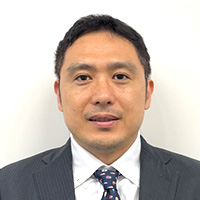 Professor
ProfessorWith the aim of improving sports performance or maintaining and promoting health, we are engaged in education and research to achieve these goals by acquiring medical and physiological knowledge (including exercise, nutrition and environmental physiology), and by utilizing biomedical engineering technology (MRI, CT, ultrasound, bioelectrical impedance analysis, isotope ratio mass spectrometry, breath analysis, neuroscience, and biomechanics, etc.) and developing new methods. The goal is to develop human resources who aim to develop original and outstanding researches by actively conducting interdisciplinary research and international joint research. Depending on the research area in which the graduate student excels, they will be engaged in one of the following types of research.
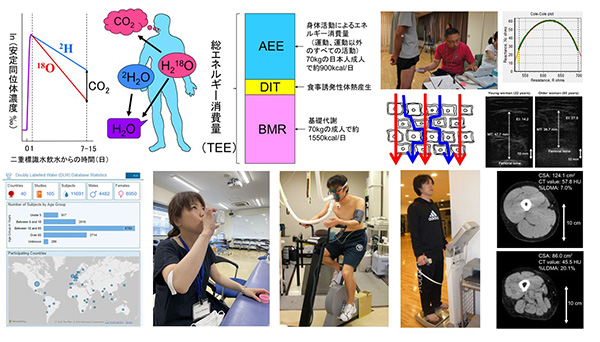
Examples of evaluation methods for energy metabolism, water metabolism, body composition, and intra-skeletal muscle composition, which are necessary for the development of sports and health sciences. International collaborations are being carried out with more than 80 researchers worldwide.
 Professor
Professor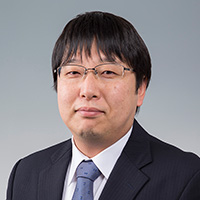 Associate Professor
Associate ProfessorOur aim is to improve the QOL by technologies of advanced medical welfare systems such as development of the sensing and actuator devices, integration of the system, and information processing technologies, et al.. The research and education involved the innovation of the sensor/actuator for medical welfare field, integration of mechatoronics technologies including measurement and control, and advanced information processing technologies are carried out in our Laboratory.
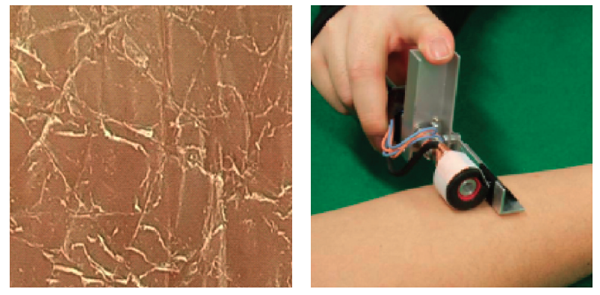
Palpation sensor for monitoring skin conditions
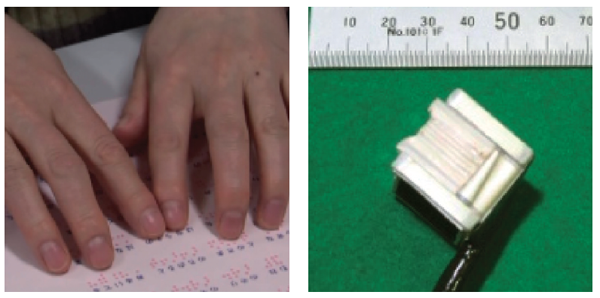
Tactile sensor system for reading Braille
 Professor
ProfessorCerebrovascular diseases and spinal cord injuries cause motor paralysis. In our laboratory, research on techniques of assisting and restoring motor function, and rehabilitation techniques are conducted. Specifically, aiming to assist individuals with motor paralysis in their daily activities, we are developing practical methods for controlling paralyzed limbs using functional electrical stimulation (FES), and to realize personalized rehabilitation optimized for each individual with motor paralysis, we are developing evaluation methods of motor function using wearable sensing and establishing FES rehabilitation methods.
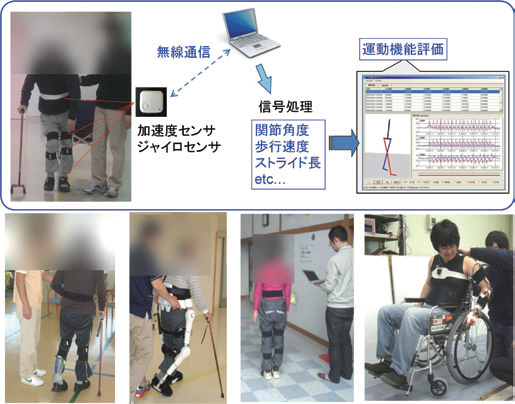
Development of wearable motion measurement system and its application to evaluation of the motor function
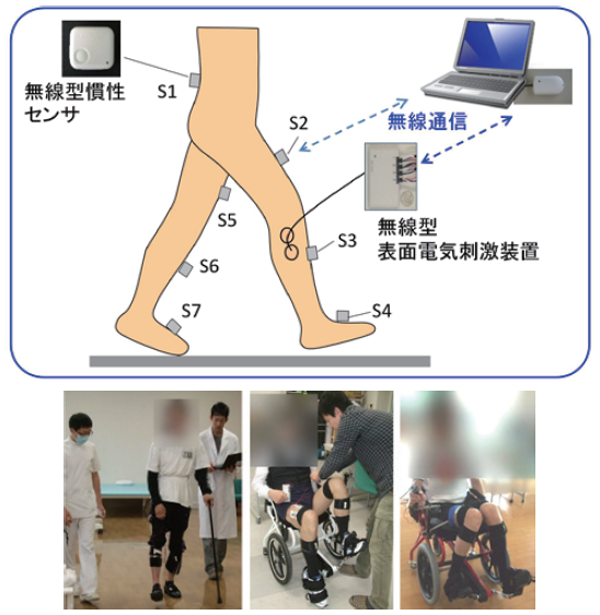
Development of FES rehabilitation system (applications to gait rehabilitation and FES cycling wheelchair rehabilitation)
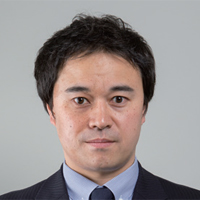 Professor
ProfessorIn order to realize an independent living of elderly people and disabled people and a safe and secure life, the construction of new engineering filed that supports life and livelihood i.e. life support engineering. Our laboratory promotes education and research concerning life support engineering through studies on investigation of fall mechanism, development of footwear and floor for fall prevention, development of evaluation method of gait stability, and development of high-performance sport equipment and livingware, etc.
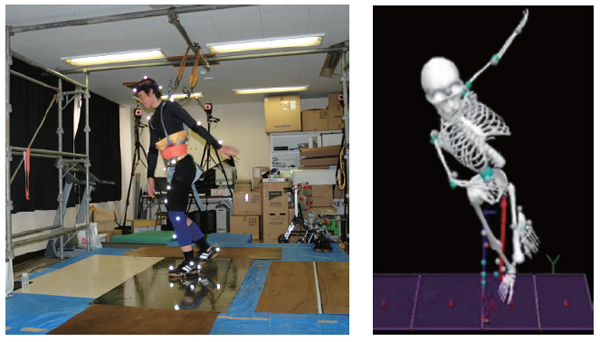
Elucidation of the mechanism of slip-related falls
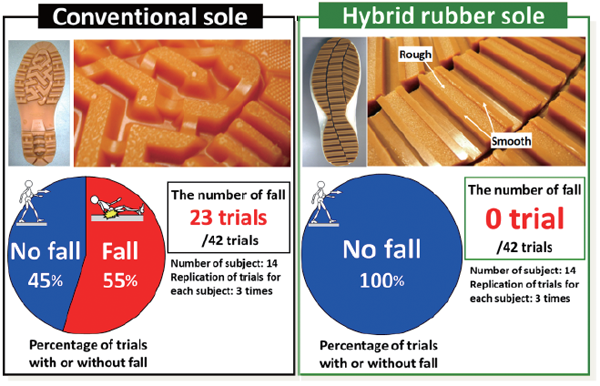
Development of high slip resistant shoe outsole pattern